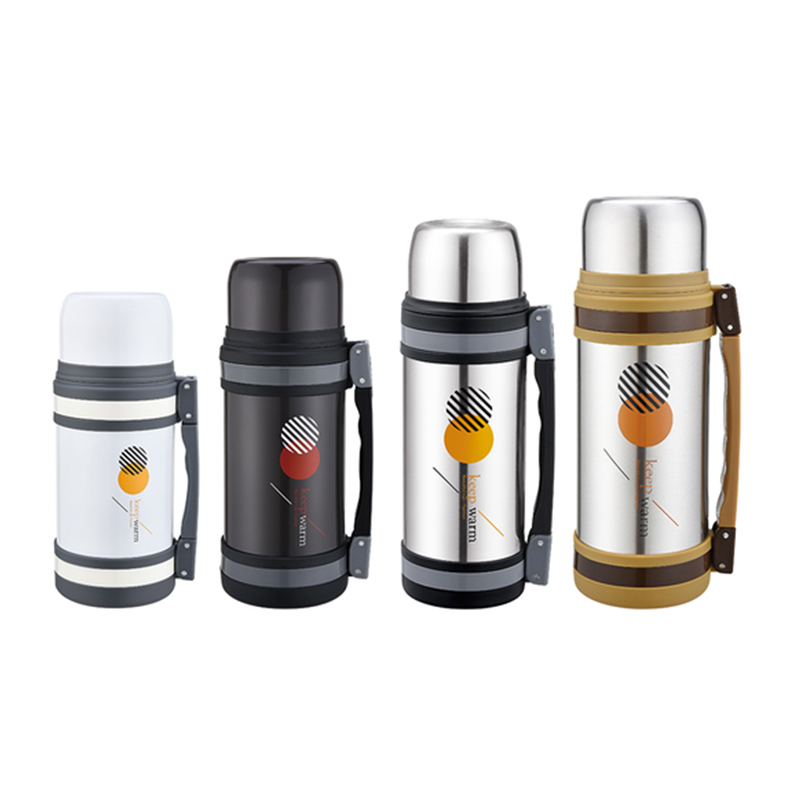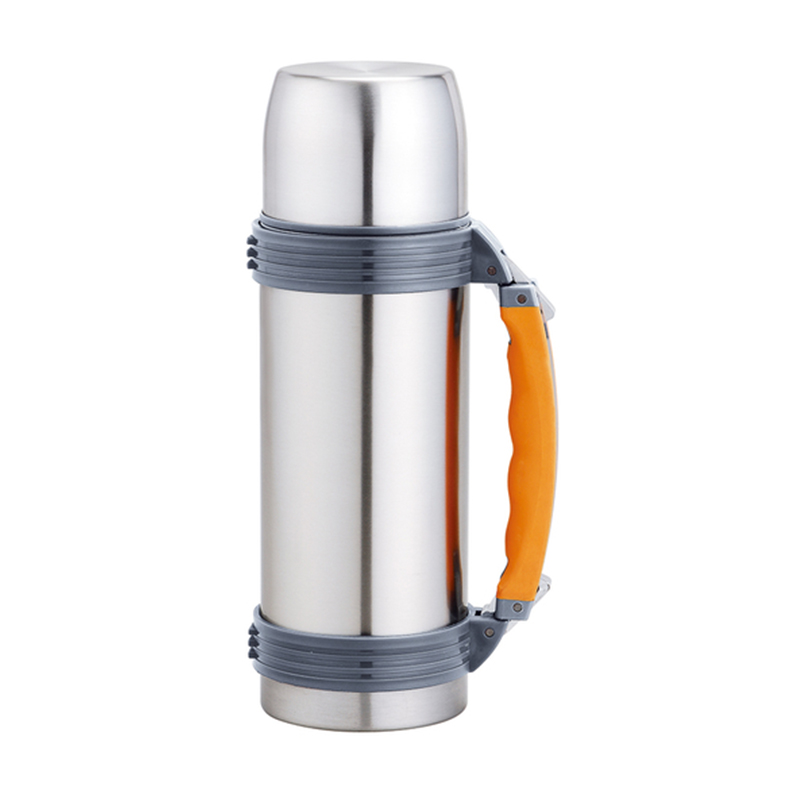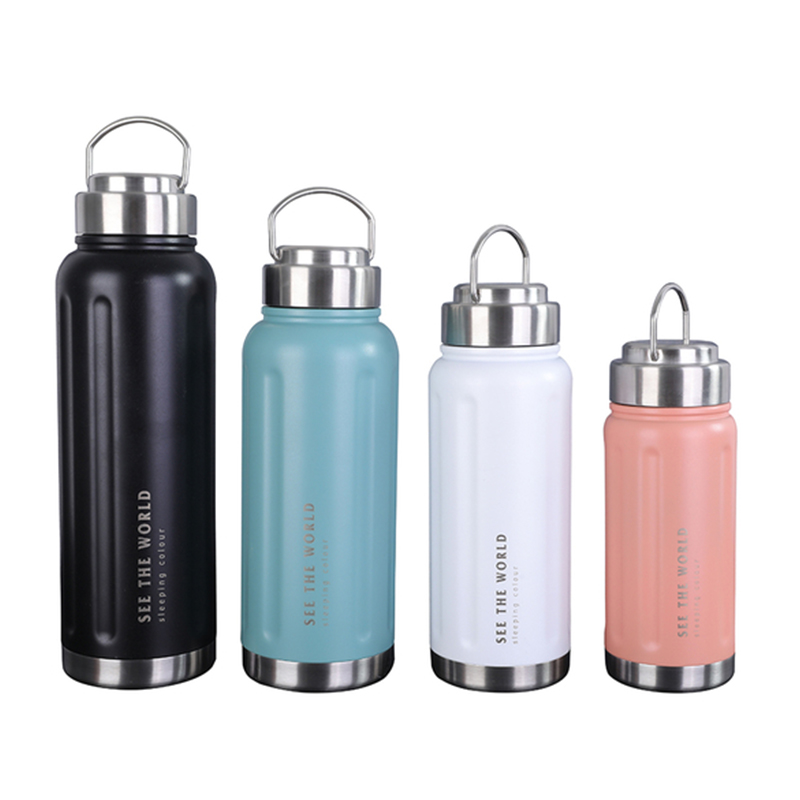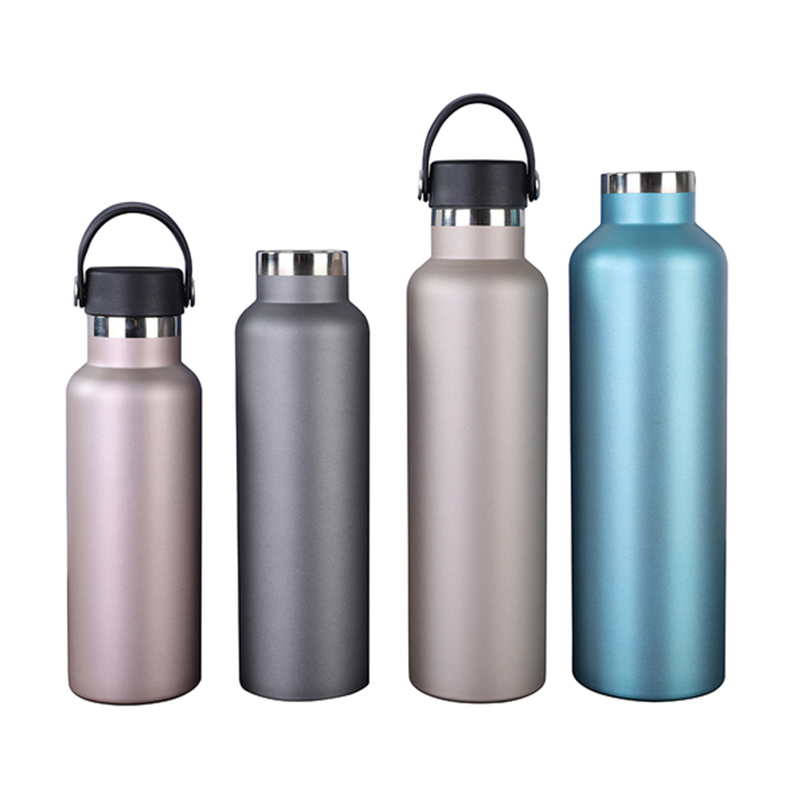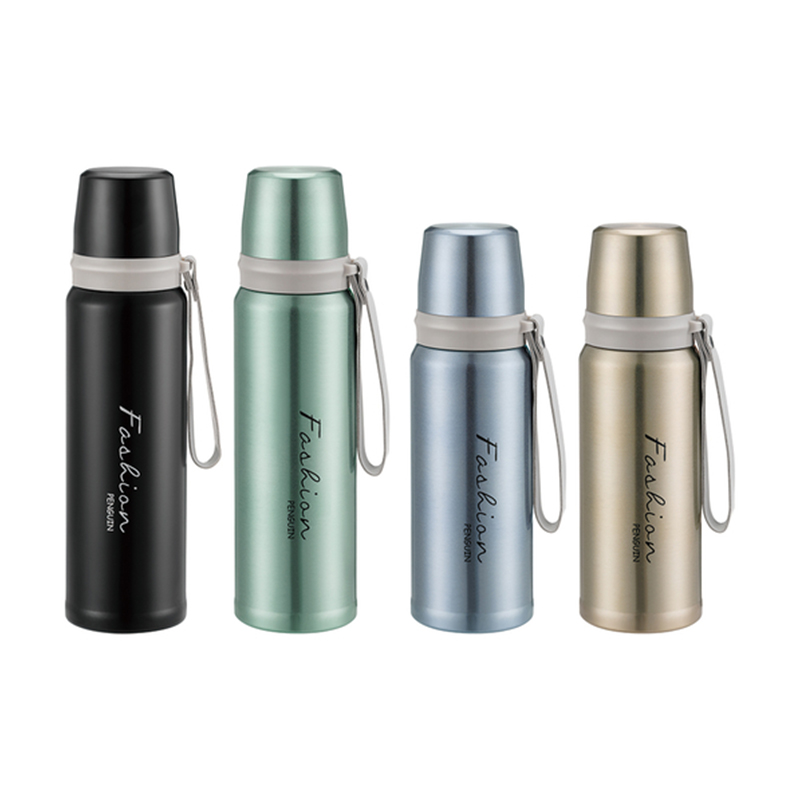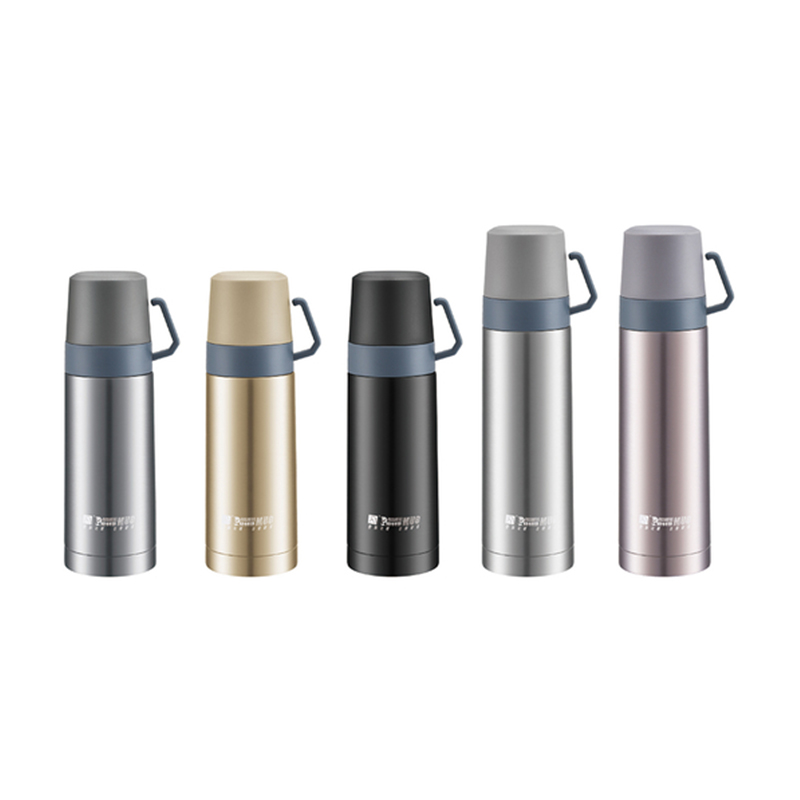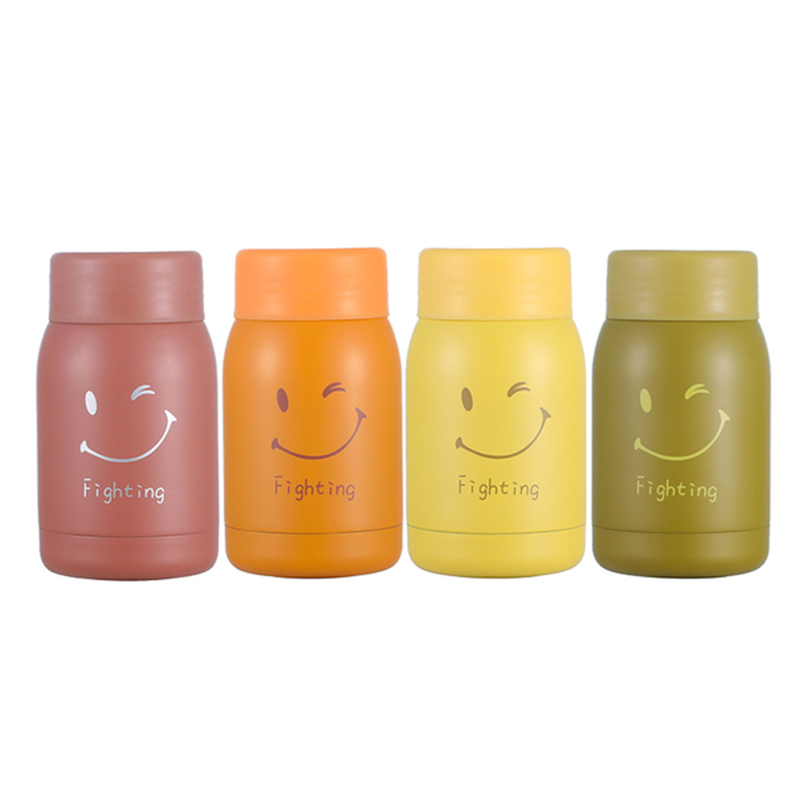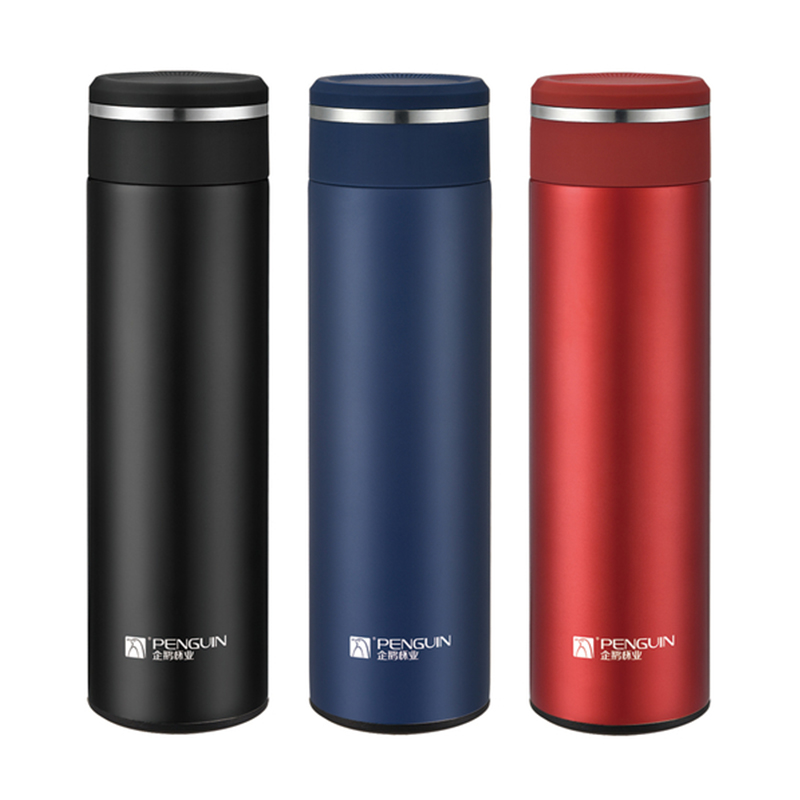The Service Life of Vacuum Stainless Steel Flasks
2025-05-02
Cheap Vacuum Stainless Steel Flasks Exporter Producer
One of the main factors influencing the service life of vacuum stainless steel flasks is the quality of the materials used in their construction. High-grade stainless steel, such as 18/8 or 304 stainless steel, is commonly used in the manufacturing of these flasks due to its resistance to rust and corrosion. Flasks made from high-quality stainless steel are less likely to show signs of wear and tear, making them last longer.
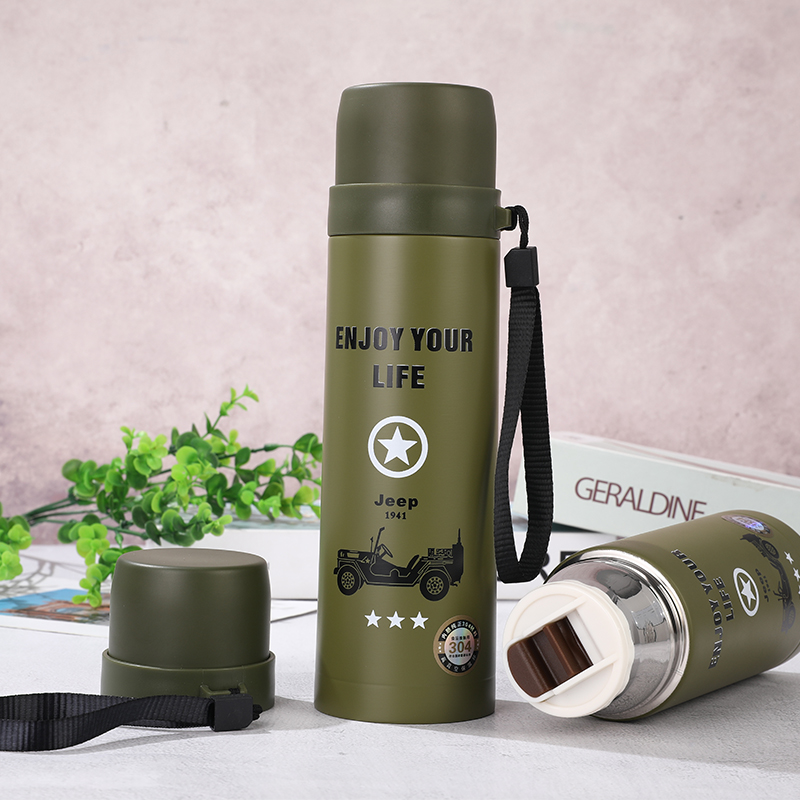
Moreover, well-constructed vacuum stainless steel flasks are designed with sealing technology. This helps prevent leakage, further enhancing the flask's lifespan. Always opt for reputable brands that guarantee the quality of their products, as inferior materials may a reduced service life.
To extend the service life of vacuum stainless steel flasks, proper care and maintenance are essential. One of the simplest yet effective practices is regular cleaning. After each use, it's important to clean the flask to prevent the buildup of bacteria, stains, or odors. Depending on the manufacturer's recommendations, a vacuum stainless steel flask can typically be cleaned with warm soapy water. Some models are dishwasher safe, but it's always better to verify before placing your flask in the dishwasher.
For deep cleaning, using a bottle brush can help reach areas that might not be accessible with just water. For stubborn stains, a mixture of baking soda and water can be used to scrub the inside of the flask. Avoid using harsh chemicals, as they may damage the stainless steel surface or affect the flask's insulating properties.
The way a vacuum stainless steel flask is handled also plays a significant role in its service life. These flasks are designed to be durable, but they are not indestructible. Dropping or mishandling the flask, especially on hard surfaces, can damage the insulation and compromise its ability to keep drinks at the desired temperature.
It's important to handle your vacuum stainless steel flask with care to ensure its longevity. Using it as intended—whether for storing hot coffee, ice-cold water, or any other beverage—will also help maintain its performance. Additionally, avoid storing carbonated drinks or beverages with high acidity, as these can damage the interior lining of the flask over time.
The insulation of vacuum stainless steel flasks is what sets them apart from regular bottles, and ensuring the integrity of this insulation is crucial for prolonging their service life. Over time, excessive temperature can cause the vacuum seal to degrade, which may reduced heat or cold retention. To avoid this, it's recommended to avoid placing your flask in temperatures, such as the oven or the freezer, as this can cause the flask's insulating properties to weaken.
Another key aspect of insulation maintenance is the cap. The cap of a vacuum stainless steel flask serves as the seal to prevent leaks and maintain the vacuum. It's important to clean and dry the cap thoroughly after each use to prevent mold or mildew buildup. If the cap begins to show signs of wear, such as cracks or loss of sealing power, it's time to replace it to maintain the flask's performance.
Exposure to harsh chemicals or strong cleaning agents can shorten the service life of your vacuum stainless steel flask. Stainless steel is generally resistant to rust and corrosion, but using harsh chemicals or scrubbing with abrasive sponges can scratch the surface, which may eventually damage or staining. Stick to mild soap and non-abrasive cleaning tools to preserve the exterior and interior of the flask.
Additionally, it's advisable not to store strong-flavored liquids like lemon juice or coffee in the flask for prolonged periods without cleaning it thoroughly. These can sometimes staining or lingering odors, affecting the taste of your beverages over time.



 English
English  日本語
日本語  Deutsch
Deutsch 



